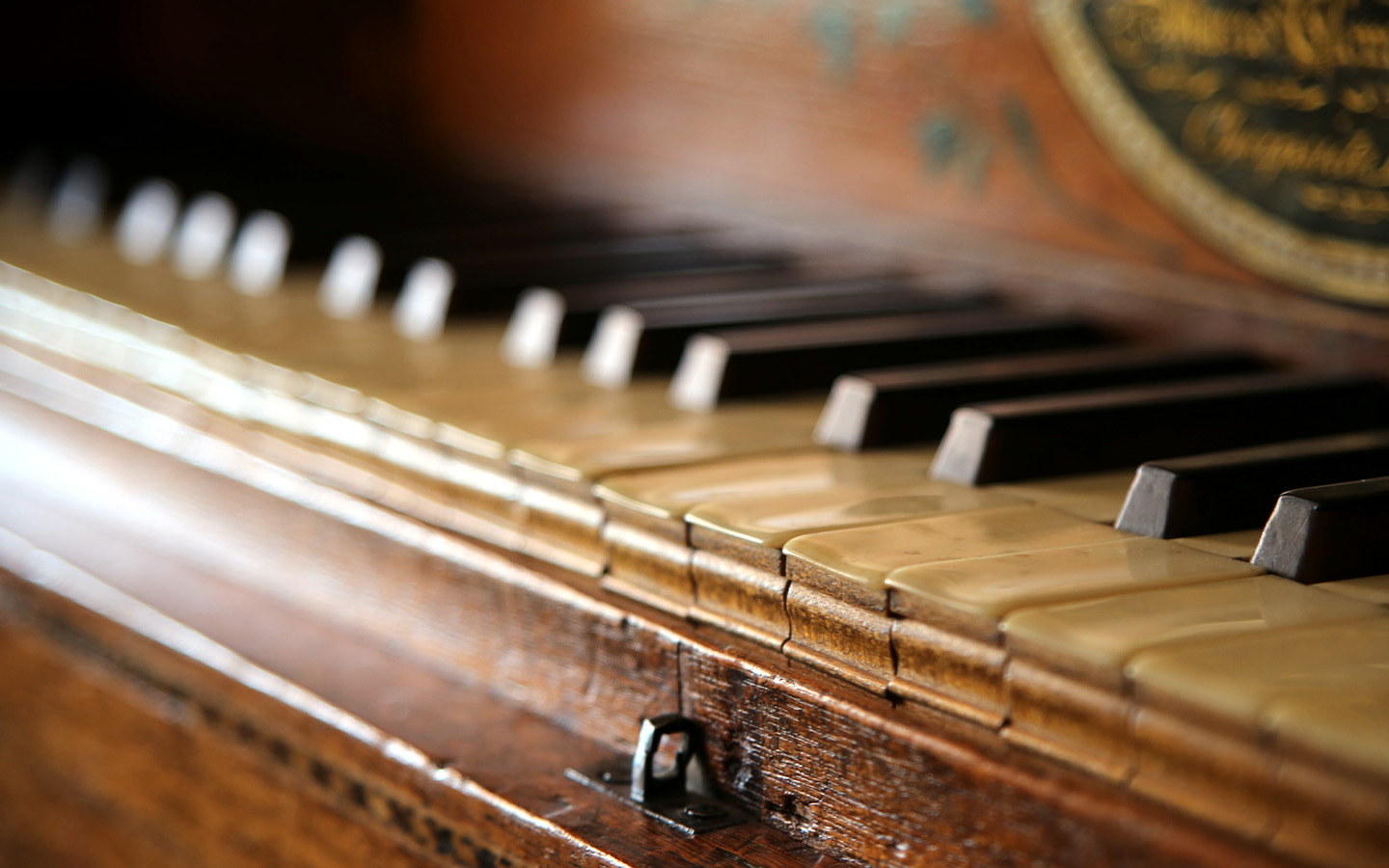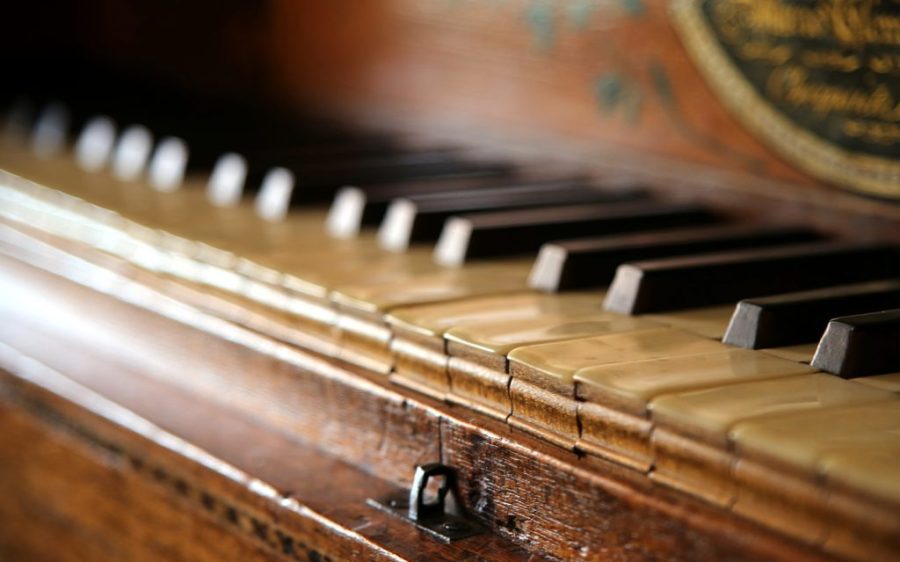A new documentary from award-winning director Madeleine Hetherton-Miau explores the compelling yet largely unknown story of Anna Maria Mozart, elder sister of the acclaimed composer Wolfgang Amadeus Mozart.
Much of Mozart’s Sister centres on Maria Anna’s childhood in Austria, a joyous period in which the young prodigy was able to explore her passion for music, later joined by her younger brother Wolfgang. Narrated recreations of her early days, shot on location in Austria, are framed through interviews with present-day museum curators and experts. Then the siblings’ paths diverge: as a female, Maria Anna is forced by chauvinist convention to give up playing and composing while Wolfgang continues, becoming one of the most influential, popular and prolific composers of the classical period.
Mozart’s Sister offers a sensitive and well-researched investigation into Maria Anna’s life, introducing many to a remarkable musical talent whose story underscores the reality of why women are so underrepresented among the pantheon of great composers of the past, and the importance of championing women today.
The first-born child of Leopold Mozart, himself a gifted musician and composer, Maria Anna was schooled in music from a young age. Mozart’s Sister highlights how she and Wolfgang, five years her junior, engaged with music together in a playful, noncompetitive way. Leopold, recognising their prodigious talent, had his children travelling and playing all over Europe. The two siblings became inseparable and often composed music together – or for each other as gifts.
[See more: Listen to a new Mozart piece discovered in Germany]
It couldn’t last, though. At the age of 15, Maria Anna was forced to give up music. The same public performances that had won her widespread acclaim as a little girl were seen as unseemly in adolescence – even tantamount to prostitution. She continued to practise music each day, but it was not until she was in her 50s, when she was a widow of means and a baroness, that Maria Anna was able to return to solo concert performances. However, she would never have the chance to perform again with her beloved younger brother, who died over a decade earlier.
Despite his short life, Wolfgang Amadeus Mozart enjoyed a quarter century of composing and performing that his similarly talented sister was denied simply for being a woman. Hetherton-Miau contrasts Maria Anna’s experience with that of young British composer Alma Deutsger, a brilliant modern-day composer who has been able to pursue her passion. It underscores the loss of so many talented women composers denied opportunities in the past, as well as the importance of appreciating those who are actively shaping the discipline today.






